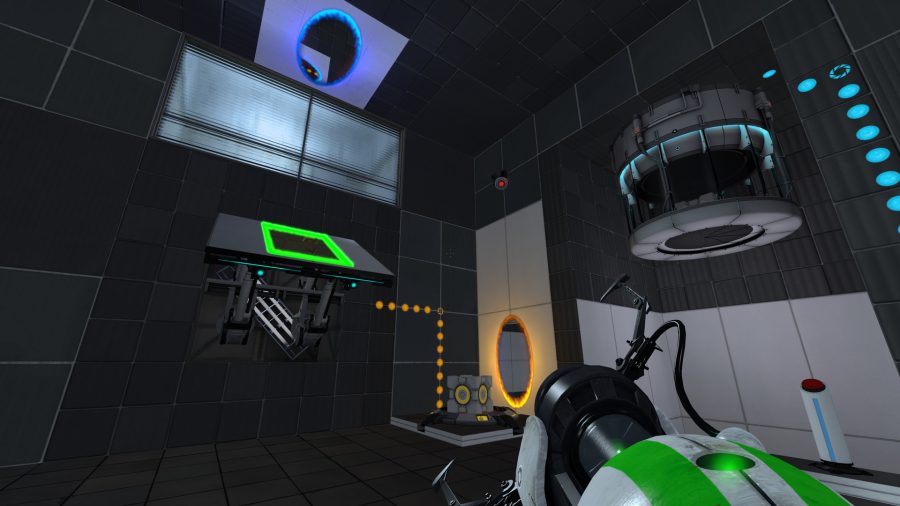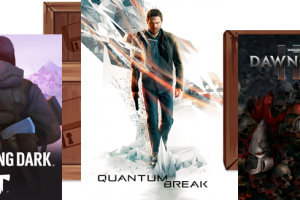Today the gaming industry is an integral part of our lives. This applies to PC games and iGaming. Meanwhile, these alternative entertainments can be beneficial for various skills development. Casino and PC games train the brain and develop strategic thinking/planning. These markets offer a wide selection of games to apply different strategies and tactics.
For example, casino poker or blackjack require thorough analysis and the ability to make long-term decisions. In addition, fast withdrawal gambling clubs can help players to master financial management skills. In this regard, Nodar Giorgadze emphasizes various betting options and bankroll handling tactics. Using them gamblers evaluate their financial capabilities and learn how to allocate their funds.
Finally, we’ve long appreciated intellectual PC challenges and puzzles! Some of them can baffle even the most experienced players. With a variety of subjects, they teach us to use logical thinking, planning, and strategy. Each puzzle is a new riddle that requires non-standard solutions, refusing habitual reflective patterns. Test yourself, take a journey through the mind labyrinths, and discover new horizons of noetic adventures with top intellectual PC challenge games!
Portal Puzzle Series By Valve
Portal is the premier spatial puzzle game in the industry. It all started with Narbacular Drop – a game from a group of students. In it, players need to overcome difficulties using a portal system. Gabe Newell liked the concept of a spatial puzzle using portals so much that the authors were invited to Valve. So in 2007, the first Portal game appeared on the market.
The plot is very simple – under the player’s control, the experimental subject is being tested in a laboratory. The location is unknown. The tasks are issued by the artificial intelligence GLADoS. So, you need to create 2 portals – blue and orange – and move through them. Create them subsequently to pass the next test room. Portal created a real sensation among gamers! Since 2007, its 12 parts have appeared.
The Turing Test By Bulkhead Interactive (2016)
Portal duology gave impetus to this PC games’ genre growth. As a result, first-person puzzles have become commonplace. The Turing Test from Bulkhead Interactive studio is another project in this direction. Naturally, the plot here is science fiction. It all starts on a space station near Europa, a satellite of Jupiter. AI awakens the heroine from sleep and reports the loss of contact with the ground expedition. She needs to find out what’s going on.
Events develop similarly to Portal. The motives are also akin – the interaction of humans and AI. The entire labyrinth of testing rooms is a kind of Turing test. The heroine, moving forward along it, is revealed as an object of manipulation, limited by certain boundaries, and not as an individual personality. The Turing Test features a moderate pace, attractive visual design, and gradually increasing difficulty.
Q.U.B.E. By Toxic Games (2014)
Q.U.B.E. offers its users to manipulate multi-colored cubes using special gloves. Blue cubes turn into trampolines, red ones create adjustable platforms, yellow ones make multiple platforms and green ones spawn a companion cube. It is important to create combinations in the correct sequence.
The game is very reminiscent of Portal. You’ll deal with a sterile laboratory, minimalism, and riddles. However, Q.U.B.E. doesn’t have a subtle and ironic plot and impeccable balance as Valve games. Nevertheless, it is an excellent choice for those interested in solving puzzles rather than philosophical reflections.
Superliminal By Pillow Castle (2019)
Superliminal uses perspective and object manipulation at the core of its puzzles. By pushing and moving objects, you can change their size to use them, for example, as a ladder or springboard. From a certain angle, several strips turn into a three-dimensional figure – pick it up and place it somewhere. Players will have to immerse themselves in the lucid dreams of different people in a clinic (to treat neuroses). Naturally, a different reality involves surreal scenes and fractured spaces.
The game is addictive – it constantly changes its rules and the situations in which the players find themselves. It’s mainly due to the perspective mechanism. You will be surprised by the unexpected transitions from one room to another! Meanwhile, the meditative hovering over the puzzles is replaced by a rapid race. Do you feel like you are playing with the size of objects? Be careful! In a second you may find that you are interacting with large room sizes.

Manifold Garden By William Chyr Studio (2019)
The Manifold Garden puzzle was developed by William Chyr – a former physicist. He worked almost for 8 years and followed the Dutch graphic artist M. C. Escher. That time Chyr had no experience, made mistakes, and faced many problems. Nevertheless, his team found a solution for each. So, in October 2019, they released a unique indie game that describes 400 years of physics evolution.
Manifold Garden doesn’t have a deep plot or a strong character. The player will find fantastic worlds of amazing geometry, colorful cubes, and the ability to change the floor/walls/ceiling, leading to unexpected consequences. Expert players say that the riddles here only look complicated. In fact, users will not have to strain their brains by testing themselves for dexterity and intelligence. Unlike many hardcore puzzle games, Manifold Garden is very patient and kind to the player. However, no one denies that it will be the best genre entry after the Portal by Valve Corporation.
These are not all PC games that use teleportation mechanics. Development studios take into account their own experience and the experience of other leading companies, creating exciting puzzles. For example, Manifold Garden is a very successful project. Each of these games has found its audience. However, the Portal’s success was so stunning that all the mind-breaker titles will be compared with it for a long time.






 Your total news and information resource for all things Science, Technology, Engineering / Mathematics, Art, and Medicine / Health.
Your total news and information resource for all things Science, Technology, Engineering / Mathematics, Art, and Medicine / Health.
Leave a Comment